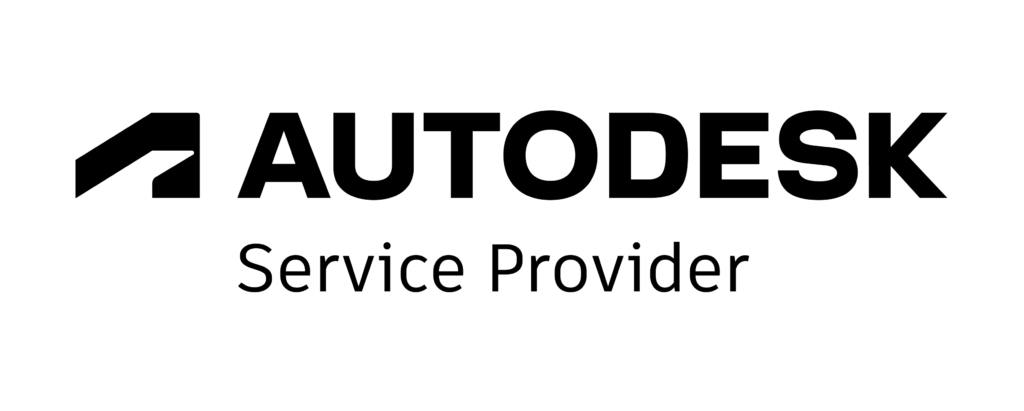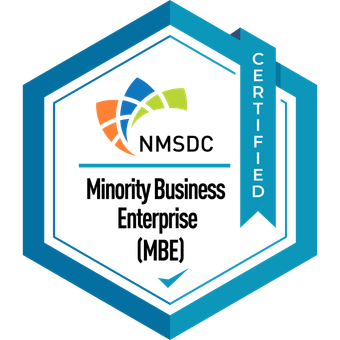The historically complex process of acquiring traditional real estate is going through a transformation. You can see this change coming from an emerging technology: PropTech aims to bring more transparency and efficiency to the real estate market to make life easier for entrepreneurs and other professionals in the real estate sector.
PropTech — or property technology — refers to technology that helps people buy, sell, market, or manage a property. It’s predominantly used by real estate professionals and property managers.
In this article, we’ll look into the details of PropTech and how it benefits people in the commercial real estate (CRE) market. You’ll learn how it helps professionals handle property acquisition, property management, and tenant acquisition — as well as how PropTech will shape the future of CRE.
PropTech Solutions and Innovations for CRE
PropTech companies are bringing countless innovations to the commercial real estate industry. By leveraging innovative technologies, PropTech helps improve the tenant experience, streamline building systems, and enhance real estate professionals’ productivity.
PropTech also lets you use big data analytics to get more details about the industry. Artificial intelligence (AI) can provide insights into your operations and industry to help you make more informed business decisions.
So, what are some ways that PropTech startups are improving traditional real estate? Well, let’s look at the benefits real estate technology brings to property management, real estate investment, and customer experience.
Real Estate Investment and Valuation
PropTech has been a game changer for real estate investment and valuation professionals. One of the reasons real estate investors find so much value here is how much data they get with connected technology systems.
One (often slow) part of the real estate process is lending. Lenders have to go through a lot of details to approve mortgage holders, including risk management, underwriting, and other verifications.
Fintech PropTech startups are changing how this process works. With a large amount of data available, PropTech companies can feed the data into AI systems to generate insights faster than lenders can manually. These insights help lenders and brokerage firms process potential lenders and make a lending decision faster.
Real estate development is another area of investment that has seen improvement. New Building Information Management (BIM) tools like Giraffe help developers vet the viability of a deal by showing them to stimulate use cases in 3D of a potential acquisition. Developers can see what goes into each project, learn their costs, build out their project, and determine if a project will see a profit.
Of course, professionals aren’t the only people who see a benefit from new technology. For example, virtual reality (VR) allows property buyers to get a complete view of a property without needing to be there. The COVID-19 pandemic lockdowns accelerated the adoption of virtual tools and technology in the real estate industry, and they’re clearly here to stay. Property websites like Zillow are integrating them into their platforms, allowing home buyers to virtually see more of a home rather than only pictures.
Property Development
Digital twin platforms like Willow Twin help to manage entire portfolios from a single computer. Facility managers can access a digital version of their properties on their phone or tablet, which can be used to find equipment, rooms, or asset information. This type of technology removes the need to store file cabinets of drawings or building specs. It can all be stored digitally for the entire facilities team to access on the go.
Property Management and Leasing
Property management and leasing can be a huge benefit for real estate professionals involved with property management and leasing. New tools allow real estate businesses to streamline and automate property management tasks.
Let’s look at a few examples.
Take a multifamily apartment complex with several amenities such as pools, meeting rooms, exercise rooms, and theaters. In some cases, you may need to schedule time to use those amenities. Real estate tech allows you to manage schedules using mobile apps, so no one has to do it manually.
Financial tools are another thing property managers can take advantage of. Instead of going around to collect rent checks from tenants, use a web portal to allow tenants to sign up and pay their rent electronically. This automation cuts the time spent on collecting rent and depositing it into your bank account.
Building management is another area you’ll see a benefit from PropTech. You can use sensor data to collect information about how well your buildings operate so you can take action on anything that doesn’t look right. You can monitor temperature and electricity use, and even check for flooding. Some systems also allow you to act automatically on problems, such as shutting off a water valve if a sensor detects flooding.
Virtual tours have also made leasing teams more efficient, since people no longer have to travel to physical sites to evaluate a number of properties. Companies typically use reality capture tools like Matterport to scan their space so people can tour it virtually either through a browser or with VR goggles. Additionally, proptech streamlines the leasing process by automating documentation and contract management, reducing paperwork and saving time for both landlords and tenants.
Tenant and Customer Experience
Improving tenant and customer experience is another major plus when investing in PropTech products. Of those upgrades, sensors and smart home products offer some of the best value for tenants.
For example, Enertiv is a product that lets CRE tenants monitor and track their energy usage, temperature, and other environmental factors in their leased space, so they can optimize their energy efficiency and cut costs. Similarly, Aquicore is a comprehensive solution for CRE tenants to monitor and analyze their leased space’s environment and energy use, including temperature, humidity, and water usage.
One type of proptech that can help corporate tenants enhance their staff’s work experience is Comfy: a mobile app that lets employees control and personalize their workspace environment. They can use it to adjust temperature and lighting, and also access building amenities and book meeting rooms.
Another great example is smart thermostats. These thermostats can detect motion in homes and keep them comfortable when people are there. For example, when a unit is empty, there’s no need to maintain the same temperature that you would if it were occupied. Being able to automatically adjust for this means energy cost savings for the tenant (or the property manager, if they cover the power bill).
Another new advancement in home technology is smart locks. They provide tenants with easy access to their space and amenities without needing a key, allowing access by keypads and other authentication methods and reducing instances of people accidentally locking themselves out.
But tenants may not directly see the benefits of PropTech solutions first-hand. Many tools — like building sensors that let property managers know what’s happening — work behind the scenes. They alert managers of problems and allow them to fix things before they get worse. The ability to quickly resolve issues means tenants experience fewer problems and disruptions. When they do, they can be quickly resolved.
Ultimately, these technologies allow property managers, brokers, and lenders to offer a better experience to their customers. It also helps companies adapt to evolving trends and allows them to stay competitive in the market. The personalized and modern tenant experience leads to higher satisfaction, retention, and revenue.
The Future of PropTech in CRE
PropTech in the CRE market is evolving rapidly thanks to emerging efficiency trends and the need for sustainability. Advances in AI, machine learning, and the Internet of Things (IoT) are helping to drive these demands, leading to exciting advancements in the world of PropTech. Here are some examples:
Smart Home Technology
As sensors improve and 5G allows better communication for IoT devices, expect more new releases in the smart home ecosystem to become available to make managing builders easier. Properties will continue to include motion-activated sensors, facial recognition, and other biometric scans.
Remote control apps will also continue growing in use as building managers find value in operating buildings remotely. Building managers can also continue passing remote control features to tenants to allow them access to building facilities without needing staff around to help.
Sustainability
There is a growing demand for more sustainable products and buildings. PropTech helps real estate professionals adapt by including energy-efficient features on properties, like digital temperature control, motion-activated lighting, and sensor-activated water faucets, all of which conserve valuable resources. These tools will help real estate companies reduce the cost to run their properties and lower their carbon footprint.
Data Analysis
The connected systems offered by PropTech tools involve a lot of data. Now, you can collect all that information in a central location and analyze it to learn trends about your commercial property business. For instance, property managers can collect real-time data about their buildings, like which lights are on, how much power tenants are using, and which areas get the most use. Over time, this information can help drive building management decisions.
The Future of Real Estate
As you can see above, the future of real estate is bright with the advancements in PropTech. New technology allows everyone in the real estate field to automate processes and offer better service to tenants. It allows property owners to use smart tools to manage buildings and lenders to use advanced AI tools to process loan applications. Everyone involved will see efficiency increases and find that fewer things go wrong. Don’t hesitate to invest in tools in the PropTech industry to see the advantages for yourself.
Need help using BIM to realize your PropTech goals? Our experts can answer a wide spectrum of questions around BIM implementation, Revit, standards, and much more.





